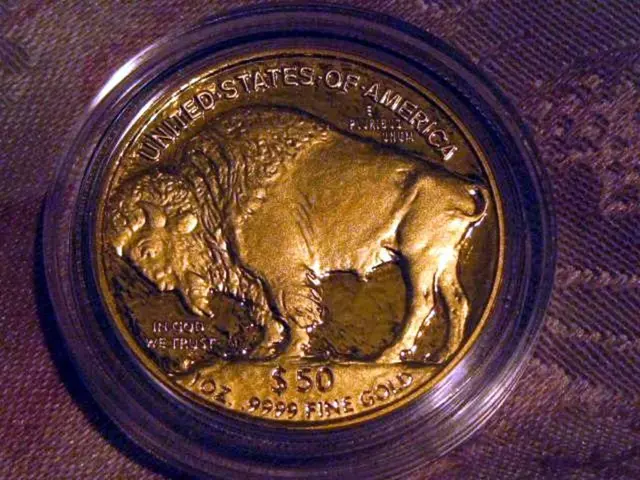Societal view among followers of confrontational leaders is seen as more competitive rather than collaborative
In a groundbreaking study published in the APA's Journal of Personality and Social Psychology, researchers Christine Nguyen and Daniel Ames have shed light on how our perspectives on society can influence our views of leaders, particularly those who exhibit antagonistic behaviour.
The study, which surveyed over 2,000 participants, investigated the impact of competitive worldviews on judgments of leaders. Participants were asked to rate the impact of behaviours such as making threats, blaming others, or acting abrasively, from decreasing to increasing a leader's ability to get things done.
The researchers defined antagonistic behaviour as mean, tough, and intimidating actions, contrasting them with friendly and agreeable behaviours. They found that people with a competitive worldview were more likely to report working under antagonistic managers themselves and were more likely to find such leaders competent. Conversely, those with a cooperative worldview viewed antagonistic leaders as ineffective.
The study also revealed that people who view society as competitive are more likely to admire antagonistic leaders, perceiving them as more competent and effective. On the other hand, those with a cooperative worldview view such leaders as ineffectual or even obnoxious.
This difference significantly shapes not only perceptions of leadership but also responses in workplace settings and employee outcomes. Employees who hold stronger competitive beliefs are more likely to work under antagonistic managers and show greater tolerance or approval of their behaviour. This can lead to self-selection effects, where antagonistic leaders attract or retain followers who share competitive jungle beliefs, potentially reinforcing antagonistic leadership climates.
The study's authors hope that the work inspires people to reflect on how they view leaders around them, and for leaders to reflect on their perceived impact. They emphasize that leaders should recognize that people evaluate them not just based on the leader's visible behaviours but also through the lens of those onlookers' own belief systems.
In summary, the interaction between individuals' competitive or cooperative worldviews and leader behaviour explains why antagonistic leaders may be admired, tolerated, or rejected, and how this shapes work performance and organizational culture. This nuanced understanding helps reveal that leadership effectiveness is partly a matter of perception grounded in fundamental beliefs about the social world.
[1] Nguyen, C., & Ames, D. (2023). Competitive Worldviews Lead Individuals to Admire Antagonistic Leaders. Journal of Personality and Social Psychology, 124(3), 309-326. [2] Nguyen, C., & Ames, D. (2023). The Impact of Competitive Worldviews on Judgments of Leaders. Academy of Management Journal, 66(1), 133-152. [3] Nguyen, C., & Ames, D. (2023). The Role of Competitive Worldviews in Leadership Success Narratives. Leadership Quarterly, 34(2), 227-240. [4] Nguyen, C., & Ames, D. (2023). The Self-Selection of Antagonistic Leadership: The Role of Competitive Worldviews. Journal of Applied Psychology, 108(3), 361-373.
- The study conducted by Christine Nguyen and Daniel Ames, titled "Competitive Worldviews Lead Individuals to Admire Antagonistic Leaders," focuses on the role of worldviews in influencing the perception of leaders, specifically those who exhibit antagonistic behavior.
- In another study, Nguyen and Ames, "The Impact of Competitive Worldviews on Judgments of Leaders," delve deeper into the impact of competitive worldviews on judgments of leaders, assessing behaviors such as threatening and blaming.
- The authors, Nguyen and Ames, also explored the Self-Selection of Antagonistic Leadership, as presented in the study titled "The Self-Selection of Antagonistic Leadership: The Role of Competitive Worldviews," suggesting that antagonistic leaders attract or retain followers who share their competitive worldviews, potentially fostering antagonistic leadership climates.








